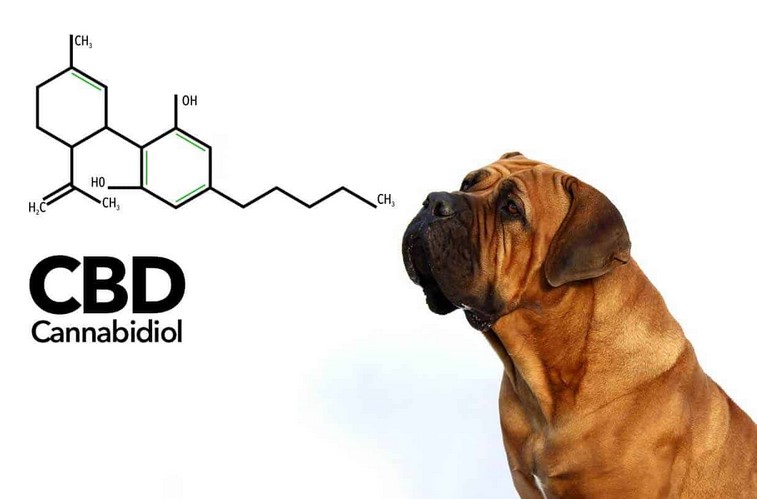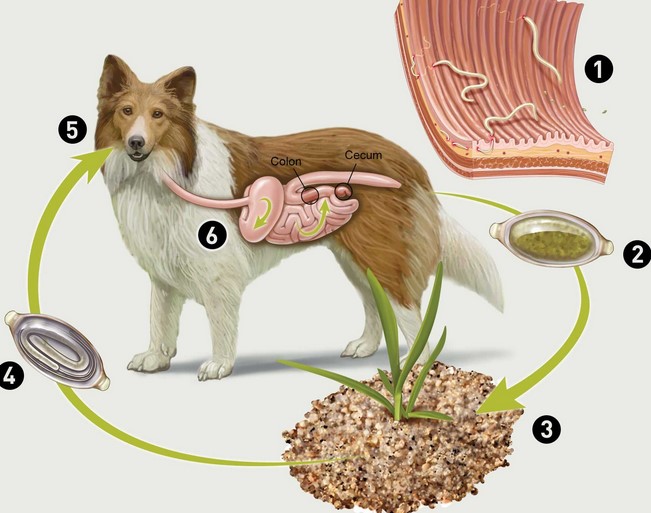Adding Omega-3 fatty acids to your dog’s diet is a great idea, but be sure to choose a high-quality source. You want to make sure the fats are processed properly and are free of contaminants. This article explains what happens when your dog has a deficiency in EPA or DH. This article also provides information on Fish Oil Dosage for dogs. The benefits of adding fish oil to your dog’s diet are clear and worth considering.
Fish oil for dogs might be the best thing you’ll ever do for your dog or it can be the worst. It all depends on whether your dog has the necessary enzymes to convert compounds from the fish oil into DHA and EPA.
can dogs eat fish oil
Fish oil is beneficial for your dog’s health, but there are some risks associated with its use. The dangers generally arise when you over- supply fish oil or use high dosages. If you are unsure whether or not fish oil is safe for your dog, consult your veterinarian. In general, the recommended dose is 20 to 55 milligrams of EPA and DHA per pound of body weight. Also, you should avoid giving your dog fish oil if he has diabetes.
You should keep in mind that the fish oil is sensitive to light and heat. Therefore, it is best to store it in the refrigerator. If it begins to lose its color, odor, or becomes rancid, you should discard it immediately. If you notice an odor, you should discard the container and try again. Fish oil can cause fish eye. So, you should always avoid feeding your dog fish oil with a fish- eye.

Benefits Of Fish Oil For Dogs
Dogs may enjoy the health benefits of fish oil. This type of supplement provides essential fatty acids, but it also contains vitamins A and D. Although they are typically considered heart- healthy, excessive fish oil intake may cause digestive upset. These symptoms include vomiting, abdominal pain, and diarrhea. You should consult your vet if your dog experiences any of these side effects. In most cases, fish oil is safe for your dog to eat.
However, when it comes to giving fish oil supplements to your dog, it’s best to consult your vet first. There are many side effects associated with the supplement, but not all pets will experience them. Some pets may develop an allergic reaction to it. Additionally, this supplement should be used cautiously by dogs with certain health conditions, such as blood clotting disorders, diabetes, or pancreatitis. In these cases, your vet will advise you on the best dosage for your dog.
What Happens If Your Dog Is Deficient In EPA or DH
EPA and DH are fatty acids found in fish and can be added to your dog’s diet. EPA is important for your dog’s heart health because it fights chronic inflammation, which is linked to many health problems, including heart disease. Omega-3 fatty acids can help your dog maintain a healthy heart, and are available in pet food and supplements. The EPA in these fatty acids is known as the inflammation warrior, and if your dog is deficient in EPA or DH, it can lead to cardiovascular disease.
Fish oil is an excellent source of EPA and DH, but there are several risks associated with fish oil for dogs. High doses of EPA may be toxic. In addition, fish oil is not recommended for dogs with diabetes because it can raise blood sugar levels. The EPA and DHA in fish oil are important for your dog’s eyes, brain, and nervous system.

Fish Oil Dosage for dogs
The exact dosage of fish oil for dogs depends on the type of pet and their lifestyle. However, it is recommended to consult with your veterinarian for the best results. Generally, a dog requires a balance of omega-3 and omega-6 fatty acids. These are present in poultry and some commercial dog foods. To make your dog’s diet more balanced, consider adding fish oil supplements. The right amount for your dog will depend on its size, weight, and age.
There are some precautions to take when administering these supplements. Firstly, if you notice any of the side effects, contact your veterinarian immediately. You should avoid giving fish oil to dogs who are already overweight. Secondly, if your pet develops an allergy to fish oil, the supplementation should be stopped immediately. It is also recommended that you consult your veterinarian before administering any new medication. However, you should not give your dog fish oil supplements if he or she is already suffering from some disease or health issue.
Fish oil might offer one of the most powerful ways to help your dog reach its full potential, no matter what that might look like. Many real-world experiences show that it has the potential to make a huge impact in a dog’s health, but it still comes down to you and your personal situation. Our hope is that this article has helped you understand the basics behind fish oil for dogs, so you can make a more informed decision about how it may or may not affect your best friend.








